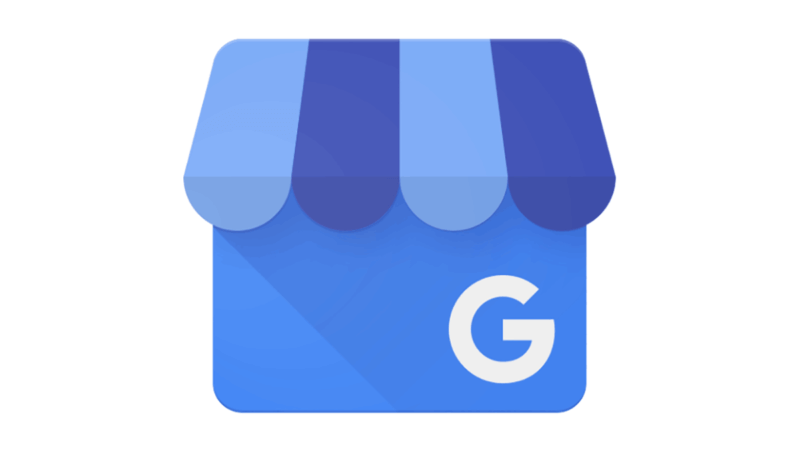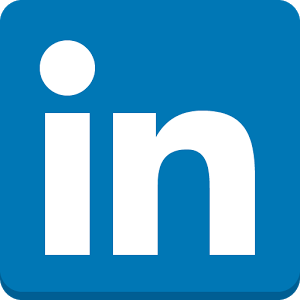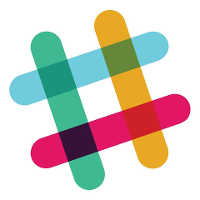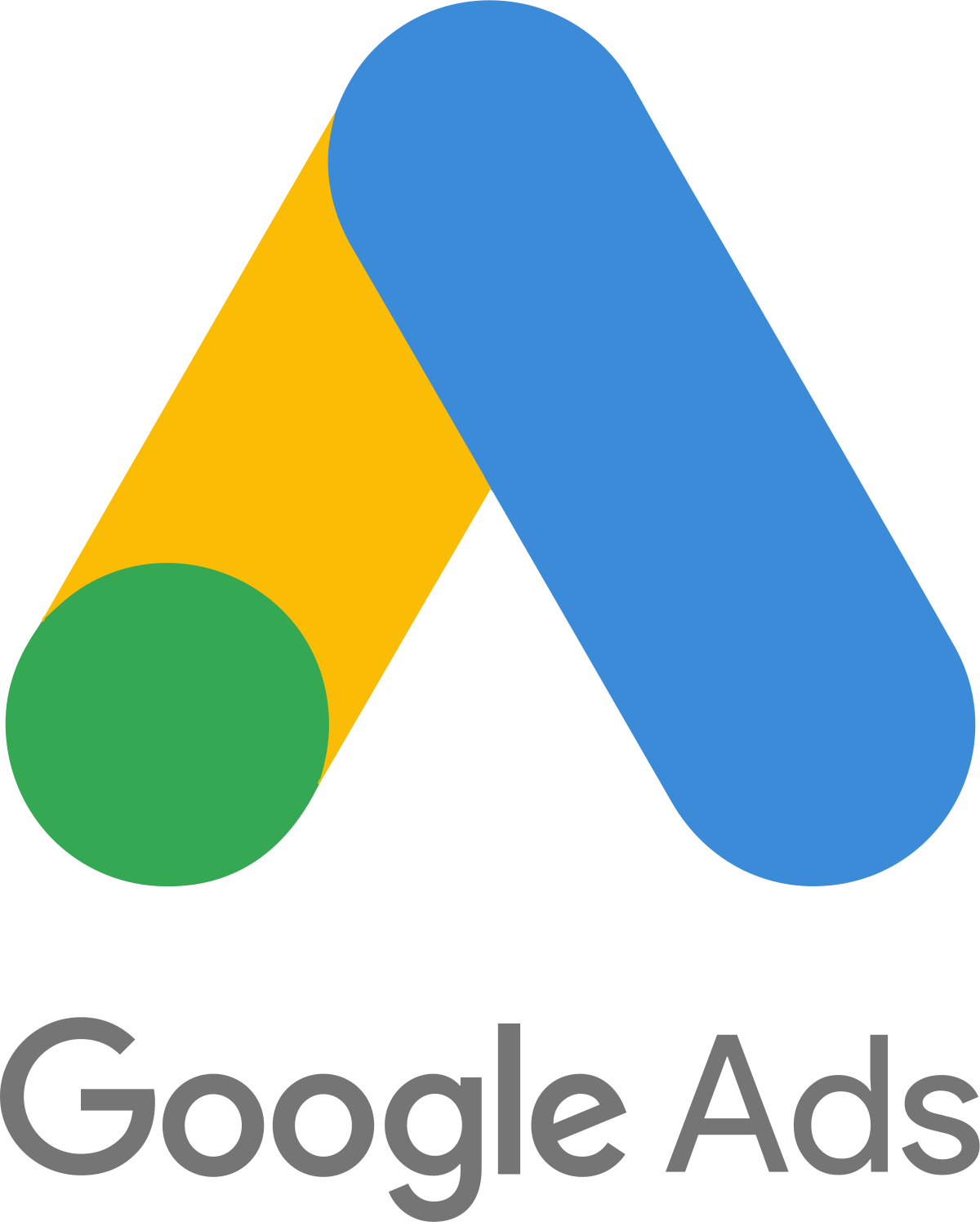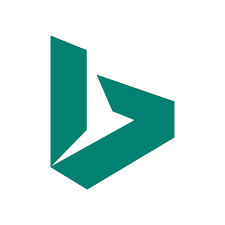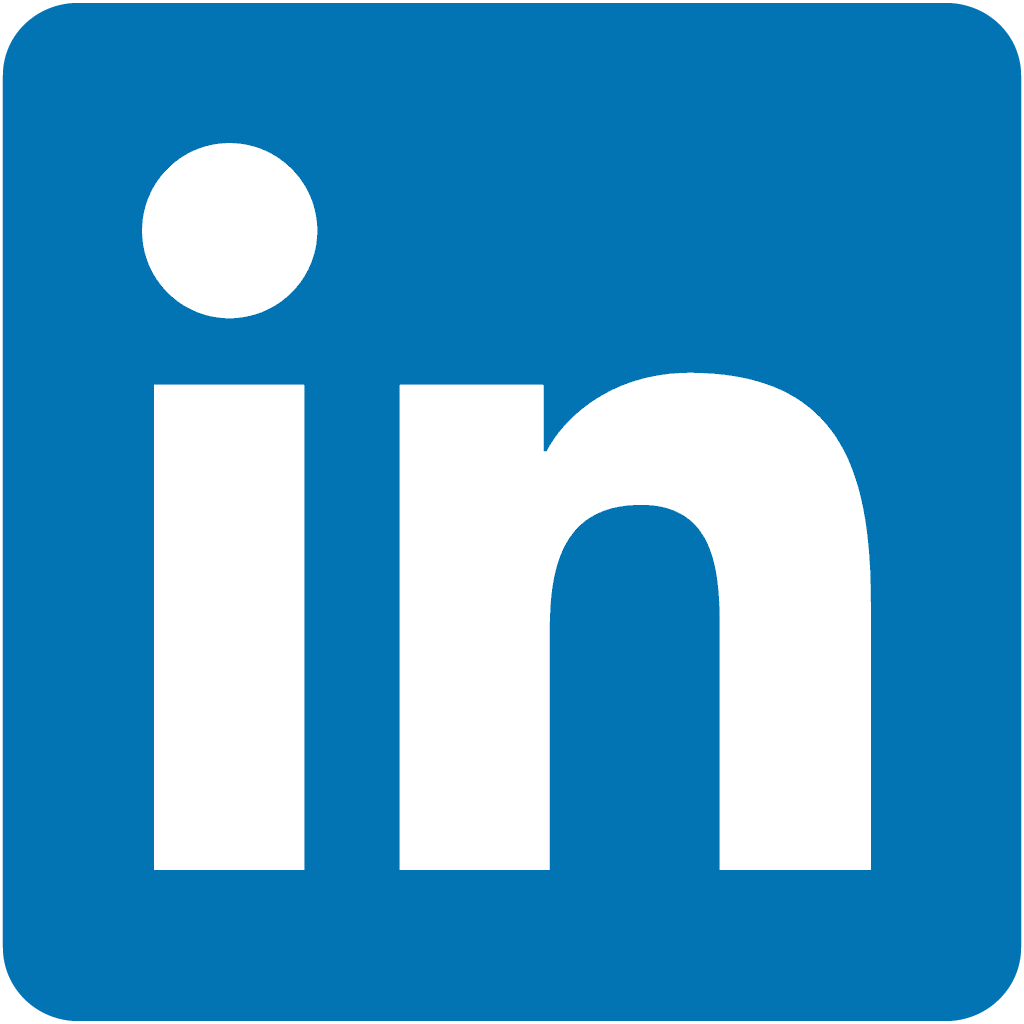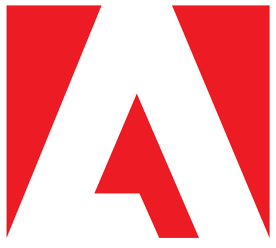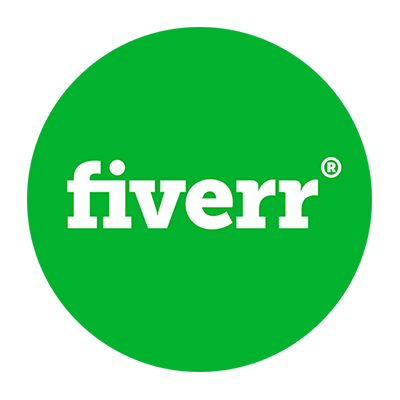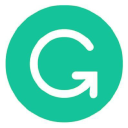Why I'm Building A Side Project On Top Of My Already Successful Business
Hello! Who are you and what business did you start?
Hey there! 👋 My name is Mike and I’m the founder of home improvement platform Vindy and user feedback tool Upvoty.
I’m an entrepreneur for over more than 10 years now and just recently launched my second startup Upvoty. Upvoty came from my own needs within my main startup Vindy: I needed a way to collect and manage user feedback in a proper and easy way. Couldn’t find any good - and affordable - tools out there, so decided to build one my own.
I launched Upvoty in February 2019 and we are already over 100 customers and over $500 MRR. I think my biggest benefit in launching this new startup is my experience of my other one, so I can apply some of my great lessons learned. This already helped me in developing and launching my startup and getting results quickly.
I’m a single founder and I don’t work with VC or any external money: I finance everything with the profits of my main startup Vindy which is doing around $1,000,000 a year. I don’t share a lot about the progress on Vindy since it’s only live in The Netherlands and Belgium. I focus on spreading the word on launching, building and scaling Upvoty for now since there are a lot of lessons to share.
What's your backstory and how did you come up with the idea?
I dropped out of college when I was 18 years old and was highly interested in “the internet”.
So I started my first online business: an online print webshop where you could order nice looking t-shirts with mostly self-designed animations.
Soon I was able to sell throughout the whole Netherlands and people started to ask me if I could help them with their online marketing too. This was very interesting to me because this way I could help out others and make more money.

So, I started my online marketing agency when I was around 23 years old. Grew to a team of 5 employees and worked for really great clients. Although the business was thriving, I wasn’t. I didn’t feel fulfilled with the kind of work I did for our clients. I wanted to start working on my own product. My own startup. Quickly the idea for Vindy was born: a home-improvement platform. Everyone needs a contractor or handyman at some point, so I figured it was a great niche to start out.
Within 2 years the profit of Vindy exceeded the profit of my agency and thus we decided to focus on scaling Vindy. The employees that worked for my agency started working on Vindy and quickly we managed to get around $30,000 MRR.
The idea for Upvoty came from “scratching my own itch”. As we were growing with Vindy to over 8,000 users, the amount of feedback quickly grew too. We needed a way to collect and manage this feedback in a proper way. When I did some research on the tools out there, it became clear to me that there was an opportunity for a better - and more affordable - user feedback tool out there. That’s when we started working on Upvoty.
Take us through the process of designing, prototyping, and manufacturing your first product.
Because of my experience in building and scaling my other startup, I could apply some of my lessons learned.
It’s better to start small and work step by step based on user feedback. You never know how your users will end up using your product and what they really need and value.
For once, before I hired a developer and started spending money, time and energy on this project, I launched an MVP within 1 day: I developed a simple landing page in Wordpress with some information about Upvoty and started asking people to sign up if they were interested in using such a product.

Within a couple of weeks we had a couple of hundred subscribers. That was the moment I knew there was an opportunity for our product. To make sure we had enough users that could help us out in testing and validating the product, I advertised Upvoty on BetaList: This resulted in another couple of hundred subscribers. Since that worked out well, we now had enough confidence in building the actual product.

First we hired a designer for the design of our first prototype. If I’ve learned one thing from building a new product: Keep it slim and simple. The first few users will need to adapt to the product and when you make it complicated from the start, they are most likely not able to do it.
Plus, it’s better to start small and work step by step based on user feedback. You never know how your users will end up using your product and what they really need and value.
Remember the saying from LinkedIn founder Reid Hoffman: “If you are not embarrassed by the first version of your product, you've launched too late.” Well, I was :)
Describe the process of launching the business.
After working on Upvoty for 6 months, we were ready to go live in private beta. We invited the beta sign-ups to join our first version.
The thing is: Whenever you have an idea for a product, it’s just an idea within your own head. Whenever you ship it into the wild, this idea becomes a reality and the reality can be harsh: some of our major ideas weren’t that valuable to our users at all.
This was such a crucial phase in building and launching Upvoty! The amount of valuable feedback from these first users was golden. Without it, we wouldn’t be where we are today.
The thing is: Whenever you have an idea for a product, it’s just an idea within your own head. Whenever you ship it into the wild, this idea becomes a reality and the reality can be harsh: some of our major ideas weren’t that valuable to our users at all. They needed other things instead.
So, we started focusing on that. Launching in private beta and testing with real users saved us a lot of time, energy and money!

After working on a new version, we were ready to launch publicly in February and launched worldwide on Product Hunt in March. Within 2 months we had over 10 paying customers. This was the real validation for our product.
It’s cool to have people sign up and use your product, but until they actually starting to pay for your product, it’s just still a product without any kind of real validation. If your product adds real value, you will get real money. It’s that simple. And that’s all that matters in the end.
Since launch, what has worked to attract and retain customers?
Since the launch we have focused on 2 major things:
- Optimizing the product based on user feedback (which we could use our own tool for of course!)
- Defining our perfect customer
Especially the last one - defining your perfect customer - is an underrated aspect in scaling your business, I think. Too many times startups will focus on building their product, marketing, social media and advertising. But if you narrow down your target audience, all of this will become so much easier. Therefore you need to start doing research on your perfect type of customer.
Do what big corporations can’t and make it personal! One of the things that is working very well for me is to make a personal connection with every customer that signs up. I will send them a personal email to start a quick chat about them and their businesses.
For example: Upvoty is an interesting tool for almost any company because user feedback is always something every company cares about. But, we saw that our tool is very useful to startups in general, who are just in the process of building their business. So focussing on startups it is? Nah. It’s still way too broad! When we did research on the businesses that were actually willing to pay for our service, we saw one type in particular: SaaS businesses. Which makes sense, because they are more focused on building a great product and thus are more interested in the usage of their product and the opinions of their users.
Once we figured out our perfect customer, we started focusing more on writing content for this audience.

And we started to engage more with SaaS founders and product managers on forums, Facebook Groups, etc. We quickly saw our sign-ups and traffic increase.

If I had to name one big takeaway: do what big corporations can’t and make it personal! One of the things that is working very well for me is to make a personal connection with every customer that signs up. I will send them a personal email to start a quick chat about them and their businesses. I try to genuinely understand why Upvoty would be an asset to them and I try to help where possible.
How are you doing today and what does the future look like?
I’m very happy I can develop and scale Upvoty with the money we earn from my other startup. This makes it so much easier to make decisions and eventually to become profitable. Right now we are at around $500 MRR. We have made an investment of around $30,000 and will most likely need to invest another $20,000 in the upcoming months. I predict we will be at around $1,000 MRR before the end of the year and will be “ramen” profitable in 1 year from now when we reach around $15,000 MRR.
The best thing: I can take my time because I earn enough money with my main startup. Which is a great feeling and reduces a lot of pressure.
Right now the team of Upvoty is a fully remote team with me as the founder, 2 developers and 1 marketing freelancer. My dream is to exceed the profits of my main startup and to focus on Upvoty entirely and build the best customer feedback tool with an awesome worldwide remote team.
Through starting the business, have you learned anything particularly helpful or advantageous?
Because I’ve learned a lot in building my main startup Vindy, it helped a lot in successfully launching Upvoty. But we’re just a couple of months in the game, so I’m sure things will get messy soon :).
My big takeaway in building a SaaS in specific: Don’t under promise or over deliver. When building a SaaS, user feedback is simply one of the most important things. Don’t take it for granted. Always take it seriously. Most of the time companies tend to say “thanks for your feedback, we will look into it” but in fact mean “thanks for your feedback, we will do nothing with it”. That’s a bad idea. Your customers are left to assume you take them seriously, while in fact, you don’t. They will feel it later on.
So always try to track and follow up on the ideas of the ones who are actually using your product: your users! Appreciate the fact they care enough about your product to help you out with new solutions and optimizations.
What platform/tools do you use for your business?
Right now we are using a couple of tools that really help us manage every aspect of the business:
- Wordpress for our website: it’s not great, but it does the job. Don’t spend money on things that don’t matter that much. It’s way better to spend zero money on a simple website and to focus on your product. That’s what matters in the startup phase!
- EmailOctopus for email marketing: great tool with affordable prices.
- Asana for our project management: here I work together with my team on all the to-do’s
- Stripe for payments: best tool when you work with on an international SaaS tool
- Front for email: way better than the existing email clients like Gmail and Outlook
- Drift for website chat and support: free for startups and easy to implement
- Sendgrid for transactional email: one of the cheapest out there
- Google Analytics for usage data
What have been the most influential books, podcasts, or other resources?
I think every startup founder should read ReWork by Basecamp founder Jason Fried. The thing is: before you even start, you should work on your mindset. Because building a startup will be a bumpy ride.
Another book I can recommend specific to SaaS founders is ‘Intercom on starting up’. It’s such a valuable book that will guide you from A to Z in building a SaaS.
I love listening to podcasts as well. ‘How I Built This’ is one of the best shows out there.
Advice for other entrepreneurs who want to get started or are just starting out?
The advice you hear often is to go all-in. It’s not true. I would rather say: just start simple and go out there. See how the market and your potential customers react to your idea, first version, the final version and beyond. Listen to feedback and divide both your time and money in building your product step by step. Accept a dynamic roadmap, because it will never turn out the way you think.
It’s really all about validating each stage of your startup. Whether it’s prototyping, launching or scaling: you need to validate the direction you’re heading to. It will save you a lot of time, energy and money.
Are you looking to hire for certain positions right now?
Right now we are working with a small team of freelancers and we don’t have any open positions.
Where can we go to learn more?
If you have any questions or comments, drop a comment below!

- 4,818 founder case studies
- Access to our founder directory
- Live events, courses and recordings
- 8,628 business ideas
- $1M in software savings

- 4,818 founder case studies
- Access to our founder directory
- Live events, courses and recordings
- 8,628 business ideas
- $1M in software savings

- 4,818 founder case studies
- Access to our founder directory
- Live events, courses and recordings
- 8,628 business ideas
- $1M in software savings

- 4,818 founder case studies
- Access to our founder directory
- Live events, courses and recordings
- 8,628 business ideas
- $1M in software savings

- 4,818 founder case studies
- Access to our founder directory
- Live events, courses and recordings
- 8,628 business ideas
- $1M in software savings

- 4,818 founder case studies
- Access to our founder directory
- Live events, courses and recordings
- 8,628 business ideas
- $1M in software savings

- 4,818 founder case studies
- Access to our founder directory
- Live events, courses and recordings
- 8,628 business ideas
- $1M in software savings

- 4,818 founder case studies
- Access to our founder directory
- Live events, courses and recordings
- 8,628 business ideas
- $1M in software savings






